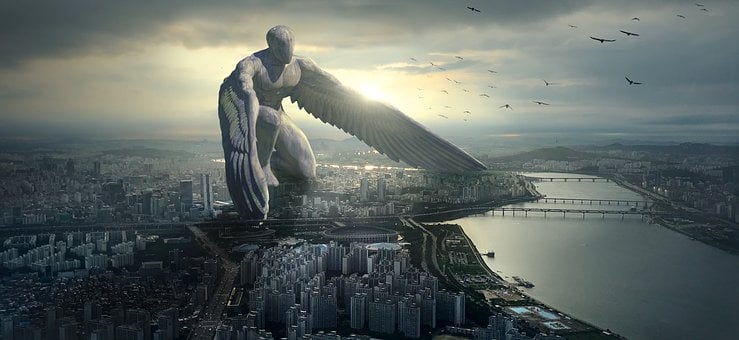The Ecumenical Patriarch questions his Moscow counterpart Kirill and criticizes the ideology of “pan-Slavism”. He rejects the nationalist heresy and supports the apostolic universalism of the origins. In Russian Orthodoxy, religion is instrumentalized for political and ideological reasons. The help of the Church of Rome is needed to overcome the differences between “Greeks and Russians”.
Moscow (AsiaNews) – Shock in Russia and throughout the world at the words of the Ecumenical Patriarch Bartholomew (Archontonis) in a long speech. For the first time after almost a year of Russian war in Ukraine, the Ecumenical Patriarch gave an authoritative reading of Russia’s history and its universal claims, which directly question his relations with the Mother Church of Constantinople.
In his speech on December 9, Bartholomew referred to the changes that are taking place in the world as a whole and the role of religion in this context, focusing attention on the role that Moscow intends to assume. Having duly considered the particular development of Christianity in Russia, the patriarch of the “second Rome” questioned his colleague from the “third Rome”, Kirill, for perpetuating a misunderstanding that has lasted for two centuries: the historical ideology of “pan-Slavism”. “.
It is precisely this reinterpretation of history that prompts Kirill to support Putin’s military aggression against Ukraine, and Bartholomew links it to the role of the Russian Empire in the historic conflict with the Ottoman Empire, from which he intended to seize all the Balkan peoples from slavic origin. This, according to Bartholomew, led the Slavs to distance themselves more and more from the unity of the original Orthodoxy.
As the Ecumenical Patriarch recalls, pan-Slavism arose as a movement in opposition to pan-Germanism: in the second half of the 19th century, opposition to the Habsburgs triggered the most extreme nationalist drift, which, with the collapse of the European empires, culminated in wars worldwide and in the establishment of totalitarianism in the 20th century. Bartolomé calls this ideological line “ethno-tribalism”, reinforcing the traditional accusation of “ethno-philistinism”: the nationalist heresy that seeks to impose the prevalence of the nation over orthodox ecclesiology itself, denying the original apostolic universalism.
The sin in question is the conviction of the Russians regarding their superiority over other ethnic groups and other Churches. And, in this, the Patriarch accepts the objections of many Orthodox theologians from all over the world, who have been accusing Moscow for months, even of heresy. In his opinion, this position “insists on a departure of ethnic Slavic believers from his Mother Church, in order to affirm the primacy of Moscow as Third Rome.” And the Soviet yoke has only led the Moscow Patriarchate to be increasingly subservient to the State, to the point of “instrumentalizing religion” for political and ideological reasons.
Bartholomew reflects on the new centrality of the religious factor worldwide: “ideologies are weakening one after the other; the end of communism has left a huge void in a vast part of the world that had it as a point of reference, and also in many peoples who pinned their hopes on him.” The crisis of liberalism and globalization have generated deep disappointments and terrible offenses. And while we witness the ruin of materialism, it is worth asking what is the spirituality that can once again be a point of reference that guides us.
For the Patriarch, “this can be a source of serious danger if spirituality is not reconnected with its authentic sources and with the wisdom of religious traditions, heirs of the great civilizations of the past.”
It is clear that Constantinople aligns itself with the West and its great economic resources, while Moscow stands as a challenger to this hegemony, but now not only the balance of world powers is at stake, but also the reorganization of the ancient traditions of the Church . The confrontation between the Greeks and the Russians also challenges Rome, which has practiced so much throughout history the politicization of the faith, and now should help its sister Churches to get rid of these burdens, as suggested by Bartholomew I.

